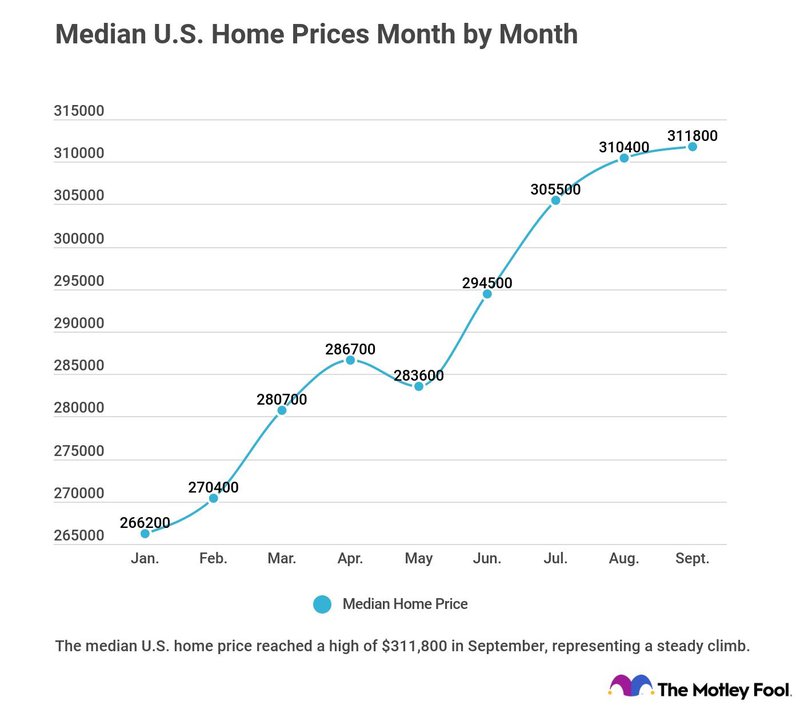At the beginning of the pandemic, the demand for N95 masks outstripped the available supply. Prices doubled overnight to near $7 per mask (and availability was exasperated by price-gouging concerns, see Dying from Protection from Gouging). Two guys from Fort Worth, Texas wanted to save lives. They understood that the solution would require an increase in supply, so they started United States Mask to fill the gap. However, as the Dallas Morning News reported, they may not have appreciated the obstacles they were up against.
First, the had to obtain certification. “There’s no guidebook, and it’s not easy. The application process alone is 100 pages long.” But that accomplished, they produced their first mask last October. But that was for federal certification. Even so, there was reluctance to purchase from the home team by the county because it had not tested the masks themselves.
Second, how to advertise? "The two guys say they are having difficulties placing online ads because hosts don’t want to be associated with fraud that runs wild in the mask industry."
Finally, between March and October, many existing competitors could ramp up their production. Either input costs are lower in China or their are substantial scale economies. A quick search on Amazon reveals current prices of popular Chinese imported masks run from $1.50 to $2.00. United States Masks come in at $2.25.


